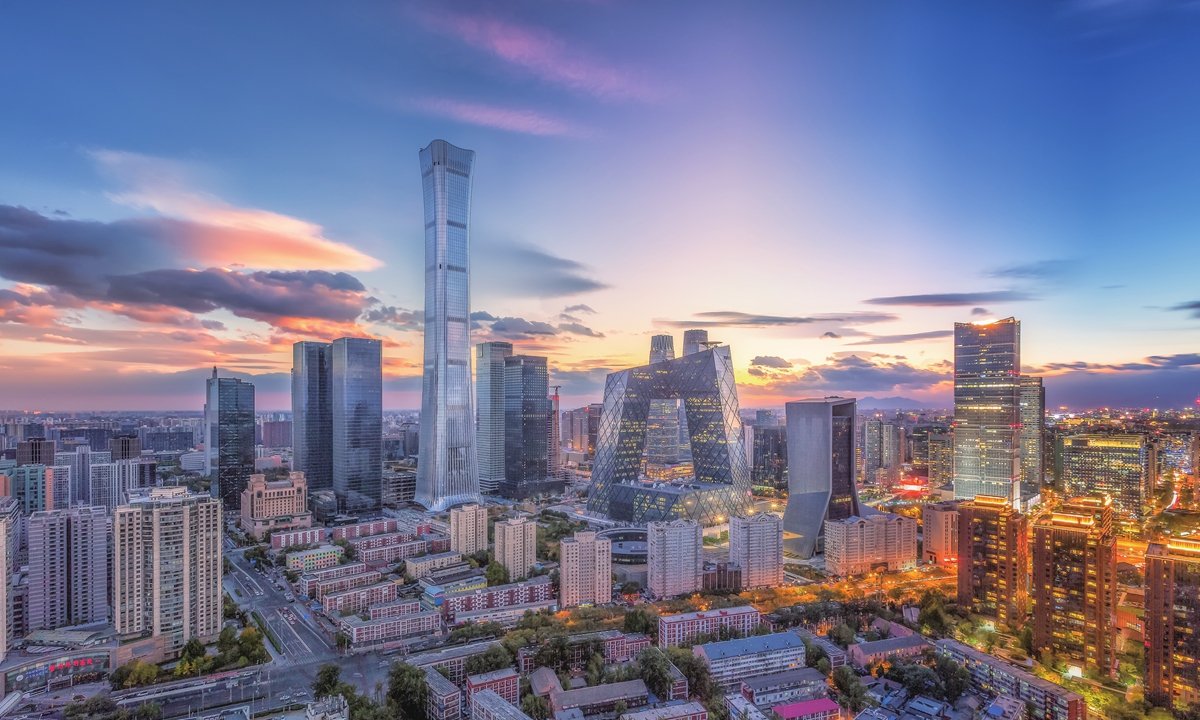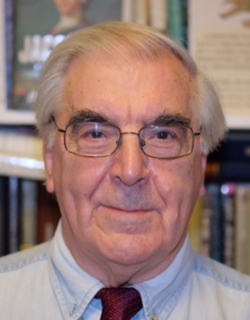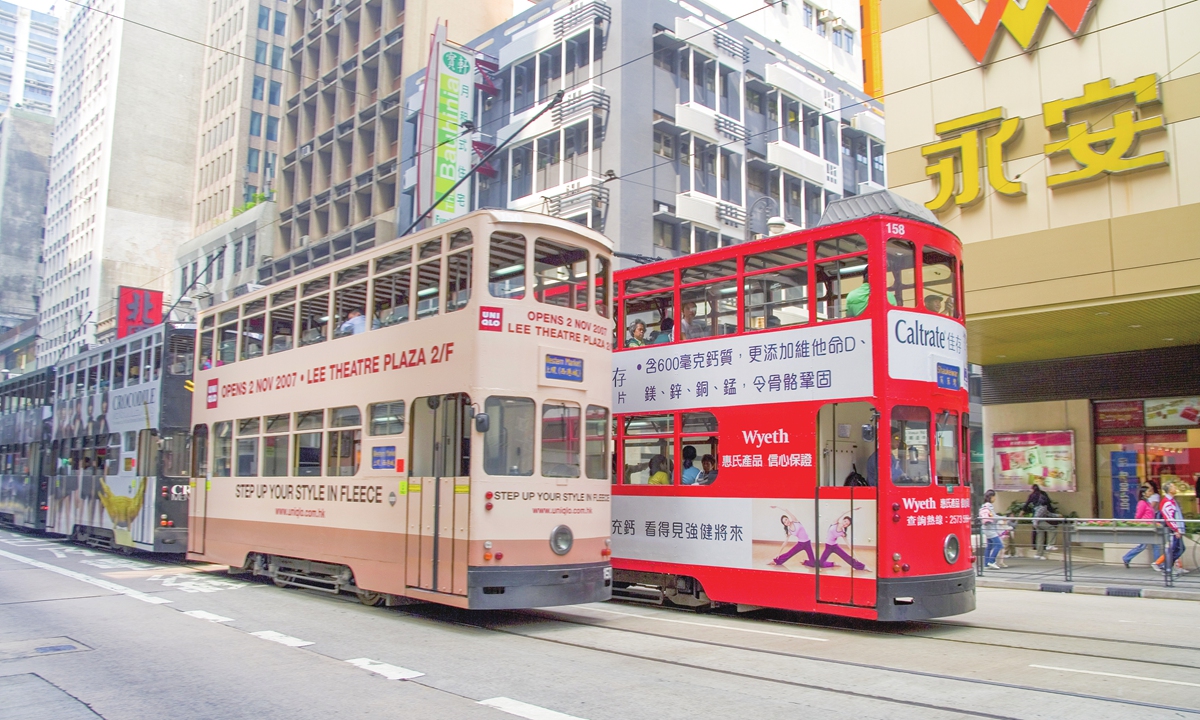Historical insight
By Li Qiao Source: Global Times Published: 2020/9/10 18:58:40
Dangerous for UK to believe it can be active player in China’s internal affairs: British historian

A view of Beijing Photo: VCG
Some have voiced concern the Golden Era between China and the UK may have come to an end amid growing bilateral confrontations influenced by the deteriorating Sino-US relations.
The Global Times interviewed Professor Harry T. Dickinson, renowned British historian and Professor Emeritus of British history at the University of Edinburgh, who shared his opinions on the development of China, Hong Kong affairs, Sino-British relations and Sino-US relations.
Dickinson noted that Hong Kong is part of China and the city's affairs—which are China's internal affairs—and the violent protests should be settled through communication. He expressed hope that tension between China and the UK will be alleviated soon. He said the British government responded to pressure from the US by banning Huawei from its 5G network, and is acting in step with the Trump administration.

Professor Harry T. Dickinson, Professor Emeritus of British history at the University of Edinburgh Photo: Courtesy of Professor Harry T. Dickinson
US pressures UK
In 1978, Dickinson was asked by a Chinese professor at Nanjing University for advice on interpreting developments in the study of British history. That moment planted the seeds of his connection with China. In 1980, he was invited to teach Masters students for six weeks in Nanjing University. He has visited more than 20 Chinese universities more than 30 times during his academic life, witnessing the development of the economy, academia, and people's living standards after China's reform and opening-up.
"I must stress that China has made miraculous advances in its economy since 1980. In 1980, the Chinese economy had not yet caught up with the UK. It has now far surpassed it," he said.
The Chinese government has greatly improved the lives of millions of Chinese people over the last 40 years, he said, adding they are much better fed, clothed and accommodated than 40 years ago.
"I see a great and deserved future for China," he said.
Dickinson said he has been pleased with the growing closeness between the UK and China ever since his first contact with Chinese scholars in 1978 and hopes the cooling of bilateral relations will be short-lived. "It does neither country any good to worsen relations," he noted.
The UK was initially open to cooperation with Chinese high-tech companies but then banned Huawei from its 5G network. He said the recent cold attitude of British government toward China is influenced by the US.
"I am confident that the British government responded to pressure from its most important ally, the US, and I am not sure how honest the US is being over Huawei, though I am sometimes critical of President Trump's policies in many areas," he said.
Dickinson explained the UK and the US have continued a military alliance since the US joined World War II against the Axis powers. The UK has found it difficult to take a different line in foreign affairs ever since recognizing it was not a world power in an age of superpowers, Dickinson added.
The UK has supported the US in the Korean War, both Iraq wars, and its intervention in the former Yugoslavia. The UK followed US policy toward the USSR during the Cold War. However, the UK did refuse to join the US in the Vietnam War, and does not see eye-to-eye with the US on the Iran crisis, he added.
The recent US attempts to expel Chinese scholars and students, censor some university professors' China-related research projects, and impose sanctions on 13 Chinese universities made Dickinson worry that students' academic careers have been disrupted in the US. He said he hopes that as little disruption as possible will occur to Chinese students in the UK.
University of North Texas expelled 15 Chinese visiting scholars funded by China Scholarship Council, without specific reasons in late August and only gave them a month to leave the US.
President Trump is weighing restricting Chinese students from studying in the US, Secretary of State Mike Pompeo said in an interview on August 31, adding that the administration is likely to announce new actions against Beijing in the coming weeks and months, the Washington-based media, The Hill, reported.
Dickinson expressed hope Chinese students are not singled out for disruption to their careers because the US government wants to show hostility to China. "As a scholar, I believe we advance the cause of humankind by collaborative research," he noted.

A view of Hong Kong Photo: VCG
'Glass houses'
Recent Hong Kong affairs have strained Sino-UK relations. As a British historian, Dickinson has long considered Hong Kong as part of China and that the UK had to make a settlement with China to restore Hong Kong to Chinese rule. He was pleased with the arrangement, with the one country, two systems principle being an agreed policy.
"Britain did not give the people of Hong Kong a democratic form of government, when it was the imperial power. This is a myth believed by too many British people," he noted.
"Britain established certain civil liberties in Hong Kong such as free press, free assembly and free enterprise, and the rule of law, however, British officials were always the people making the major political decisions in Hong Kong. The government was British dominated. Had the system been truly democratic, then the Hong Kong people would have governed the territory, controlled the police force. There were some advantages in British rule, but it was still imperialists governing indigenous people," he explained.
Dickinson noted there can be no return to any imperial link with Hong Kong, adding that it is stupid and dangerous for anyone in the UK to believe it can be an active player in the internal affairs of China. He said no sensible British politician thinks Britain can restore its imperial influence in Hong Kong.
"I believe the Chinese authorities should allow peaceful protest, but I think some young people in Hong Kong went too far in resorting to violent protests. No government accepts severe disorder on the streets," he stressed. Positive and peaceful communication among all parties is required to settle current situation in Hong Kong.
Dickinson noted that the Chinese mainland and the people in Hong Kong must settle the affair, but not Britain.
"Neither the UK nor the US have a perfect record in their treatment of other peoples across the world and should not be so keen on criticizing other governments. Britain has interfered with the internal affairs of other countries than perhaps any other power and the US has followed this example in more recent times. There is an English saying: 'People in glass houses should not throw stones.'"
Posted in: IN-DEPTH